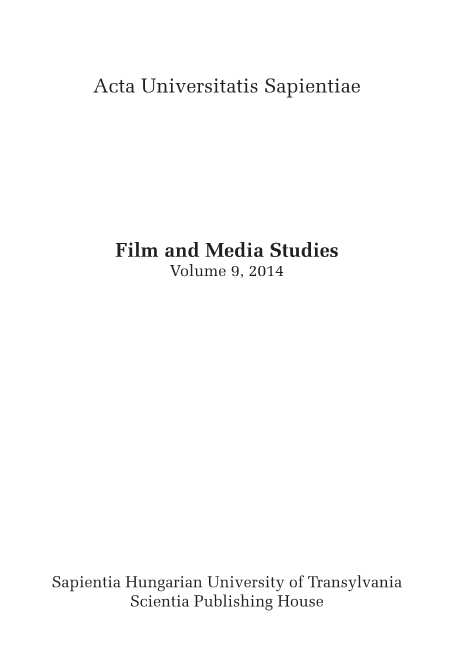Intermediality between Games and Fiction: The “Ludology vs. Narratology” Debate in Computer Game Studies: A Response to Gonzalo Frasca
Intermediality between Games and Fiction: The “Ludology vs. Narratology” Debate in Computer Game Studies: A Response to Gonzalo Frasca
Author(s): Michalis KokonisSubject(s): Essay|Book Review |Scientific Life
Published by: Scientia Kiadó
Keywords: intermediality; ludology; narratology; semiotics; stories; computer games; gameplay; God-games
Summary/Abstract: In the last ten or fourteen years there has been a debate among the so called ludologists and narratologists in Computer Games Studies as to what is the best methodological approach for the academic study of electronic games. The aim of this paper is to propose a way out of the dilemma, suggesting that both ludology and narratology can be helpful methodologically. However, there is need for a wider theoretical perspective, that of semiotics, in which both approaches can be operative. The semiotic perspective proposed allows research in the field to focus on the similarities between games and traditional narrative forms (since they share narrativity to a greater or lesser extent) as well as on their difference (they have different degrees of interaction); it will facilitate communication among theorists if we want to understand each other when talking about games and stories, and it will lead to a better understanding of the hybrid nature of the medium of game. In this sense the present paper aims to complement Gonzalo Frasca’s reconciliatory attempt made a few years back and expand on his proposal.
Journal: Acta Universitatis Sapientiae, Film and Media Studies
- Issue Year: 2014
- Issue No: 09
- Page Range: 171-188
- Page Count: 18
- Language: English

